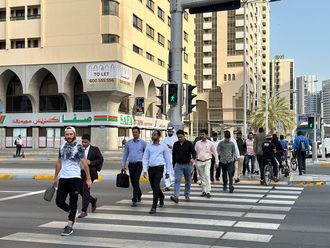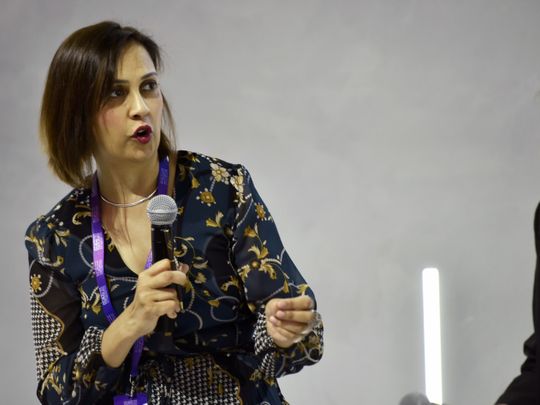
Dubai: Gender inequality will not end unless governments effectively create and implement ‘Gender Responsive Budgeting’ (GRB), UN and IMF specialists told the Global Women’s Forum Dubai (GWFD) on Monday.
The world will take 200 years at current pace to close the 20 per cent gender pay gap alone, according to figures cited at the opening of the GRB breakout session at GWFD, let alone solving inequality in education and other sectors.
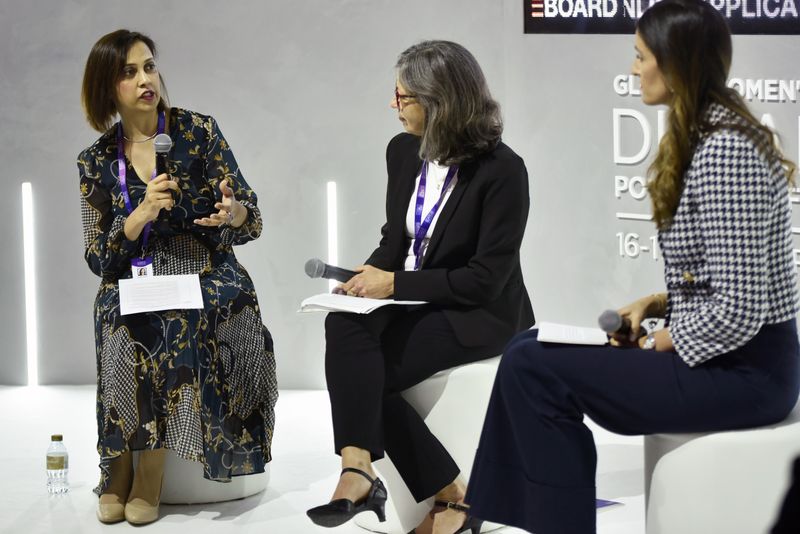
Speaking during the session, Zohra Khan, Global Policy Advisor, Governance and National Planning, UN Women, said countries must wield the “powerful tool” of their national budget towards GRB in “changing lives”.
She added that the UN is building a “global database” of countries to see how they measure against UN indicators that “align resource allocation to laws”. Khan said nations, both in “the developing world” and “advanced economies”, must know how much it will cost them to close the gender gap. For that, they must study how big the gap is, what laws are in place and what resources are allocated. The UN will assess the “impact and transparency” of countries against the indicators.
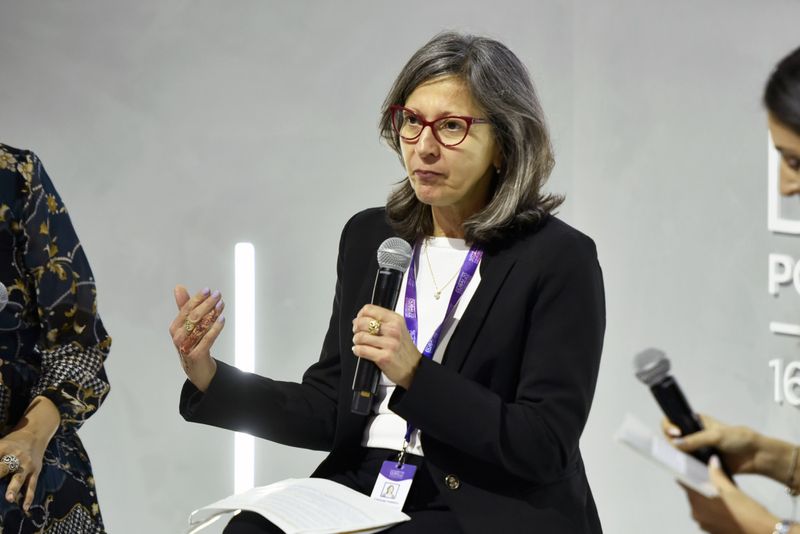
Stefania Fabrizio, Deputy Unit Chief, Strategy, Policy and Review Department, IMF said GRB must be given legal status and supported by policy and programmes. This has become especially relevant and “crucial” today as technology continues to disrupt the labour market. It is estimated that 180 million jobs are at “high risk of displacement” in the coming 10 years because of automation – machines and computers replacing jobs currently held by humans.
Fabrizio said “we have to adopt” to the challenges. She explained that, generally, women in STEM (science, technology, engineering, maths) education and careers are “underrepresented”.
“We need this STEM for jobs of the future. There’s a lot of room for policy changes. We need programmes to keep women in STEM. And governments need to provide the access and infrastructure, they have a big role in that,” she added.
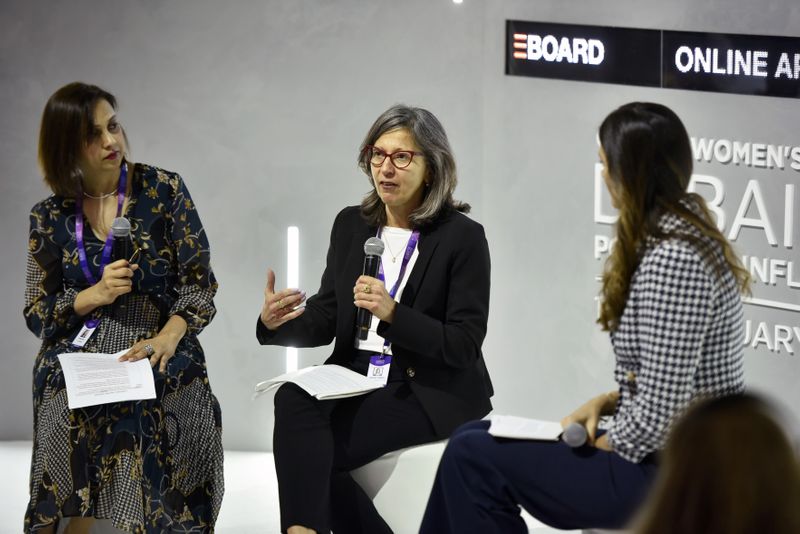
Fabrizio provided the example of a programme for women in Nigeria, where 70 per cent of women work in rural agriculture but are 40 per cent less productive then men because of reliance on manual methods. Nigeria introduced modern methods and provided support for 30,000 women, who also received mobile phones so they could use “e-wallets”.
The 30-minute session was moderated by Nour Al Chedrawi, Lead Projects Executive, Federal Competitiveness and Statistics Authority, UAE.






